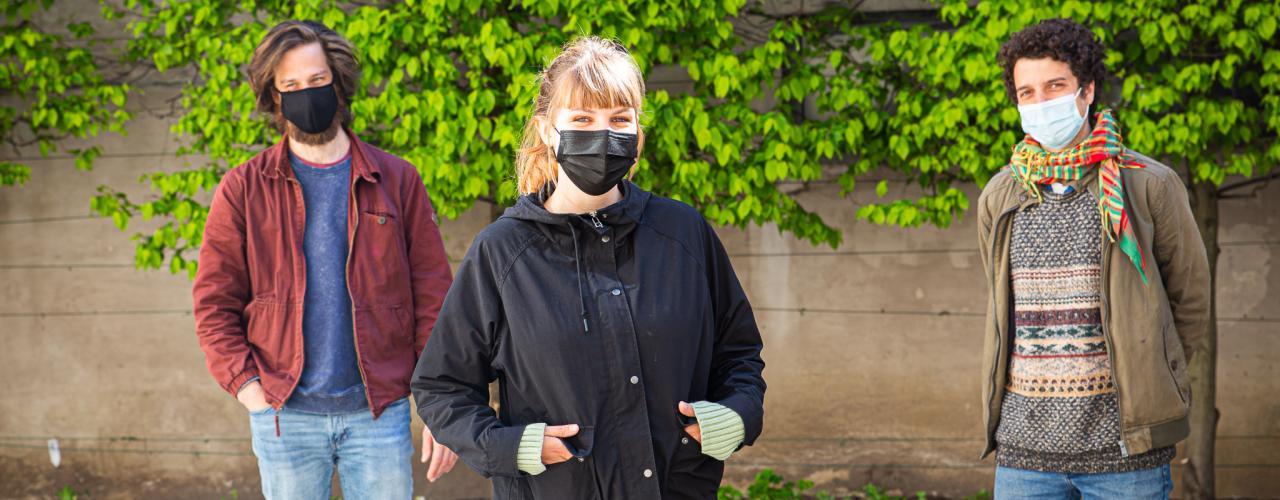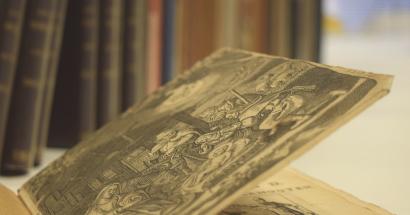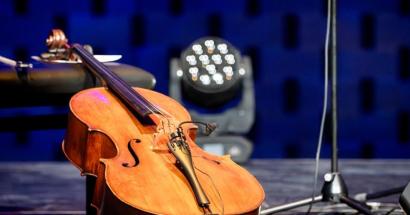
Verhaal
Story of students: Educational Programme
The Educational Programmes are only given in Dutch. You can check which language level you should have HERE.
In the Educational Programmes, you are trained to become a passionate artist-teacher. Two years after the start of this programme - a collaboration between the RITCS and the Koninklijk Conservatorium Brussel, Schools of Arts of the Erasmushogeschool Brussel - some 60 students are currently well on their way to obtaining their diploma. We approached some of them - from a safe distance - to share some more details about the ins and outs of the programme.

